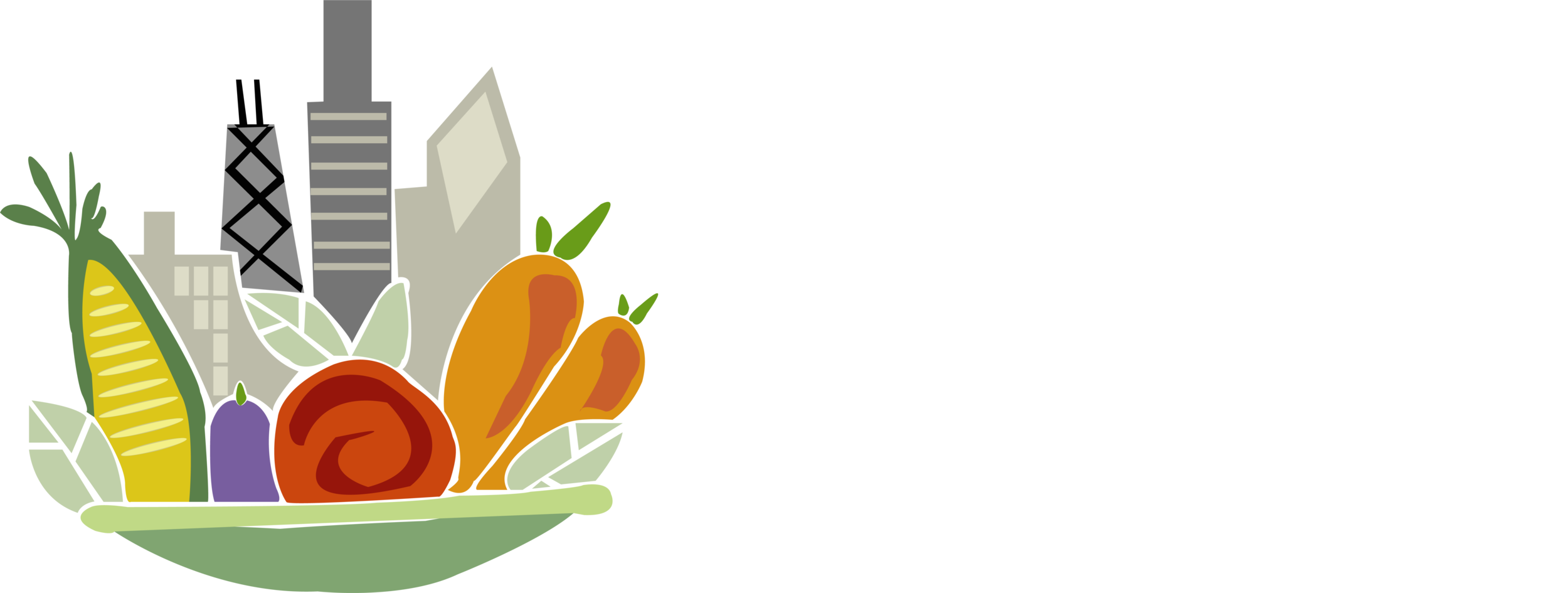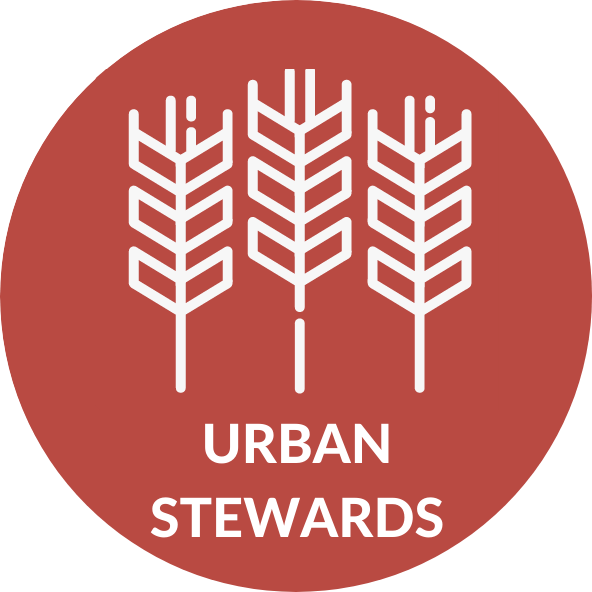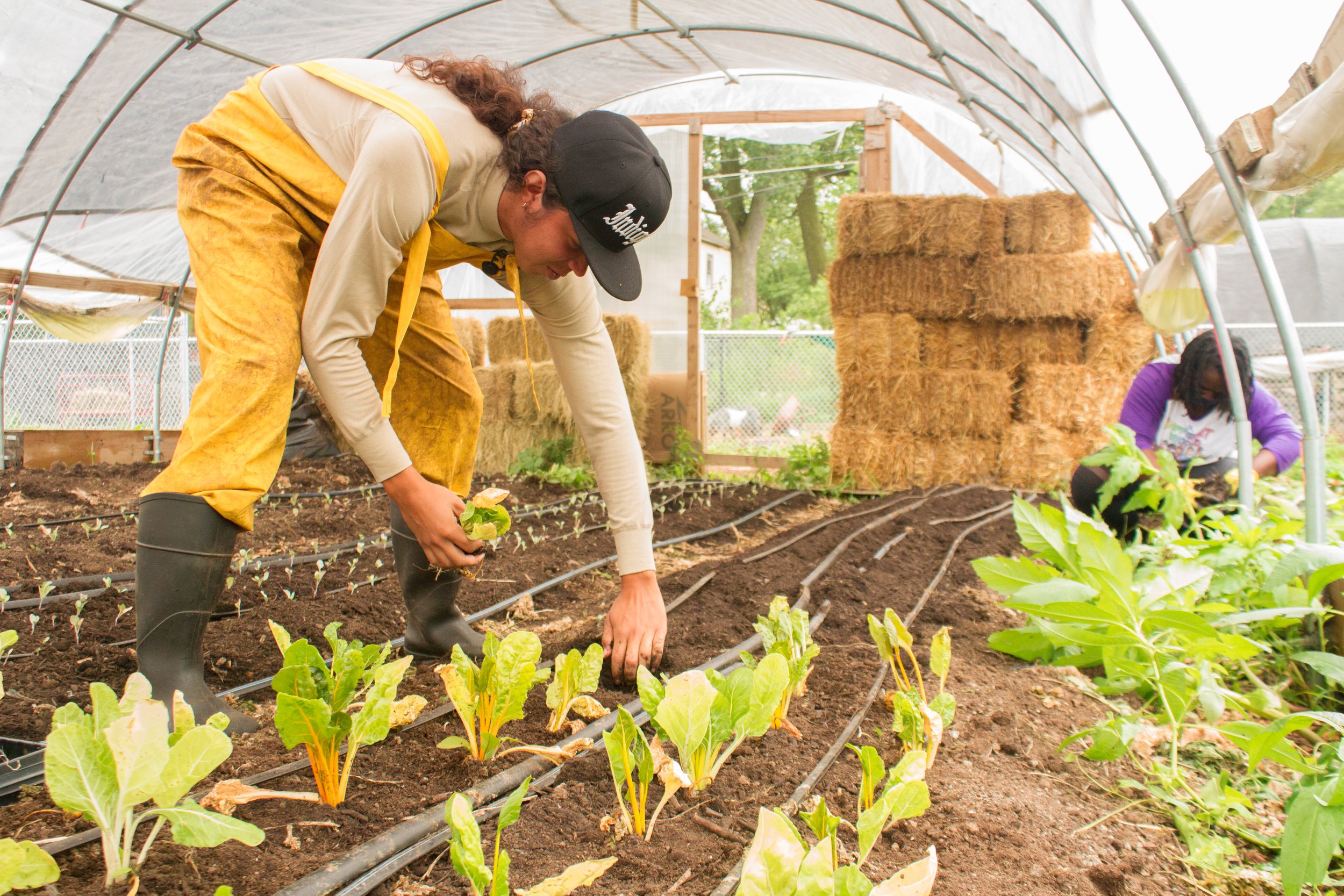USAN works to address social justice through a focus on food justice. We believe food serves as a symbolic and historic tie binding people across cultures while reflecting injustices such as access to land, diet related disease, low paying jobs in the food sector, access to affordable healthy food, contaminated soil, among many other issues. Food is a focus for celebrating diverse cultures while providing direct projects and policies in which communities can collaborate.
According to the Greater Chicago Food Depository, food insecurity rates are highest in Black and Brown communities on Chicago’s south side at 34%-57%, compared to 1%-5% in predominantly white communities on the northside. Food insecurity negatively impacts health and local economies. Chicago’s segregated neighborhoods have been historically defined by redlining and racial restrictive covenants, a federally enforced practice that prohibited Black residents from acquiring property in predominantly white areas, supported by banking and insurance companies. USAN recognizes the history and structural conditions created by systemic racism and economic disinvestment in Chicago. These inequities are manifested through concentrated power and dynamics of the current white-dominated food system. USAN works to build local political power by providing leadership training and capacity building. A diverse food system is a just, healthy, and inclusive food system.



















